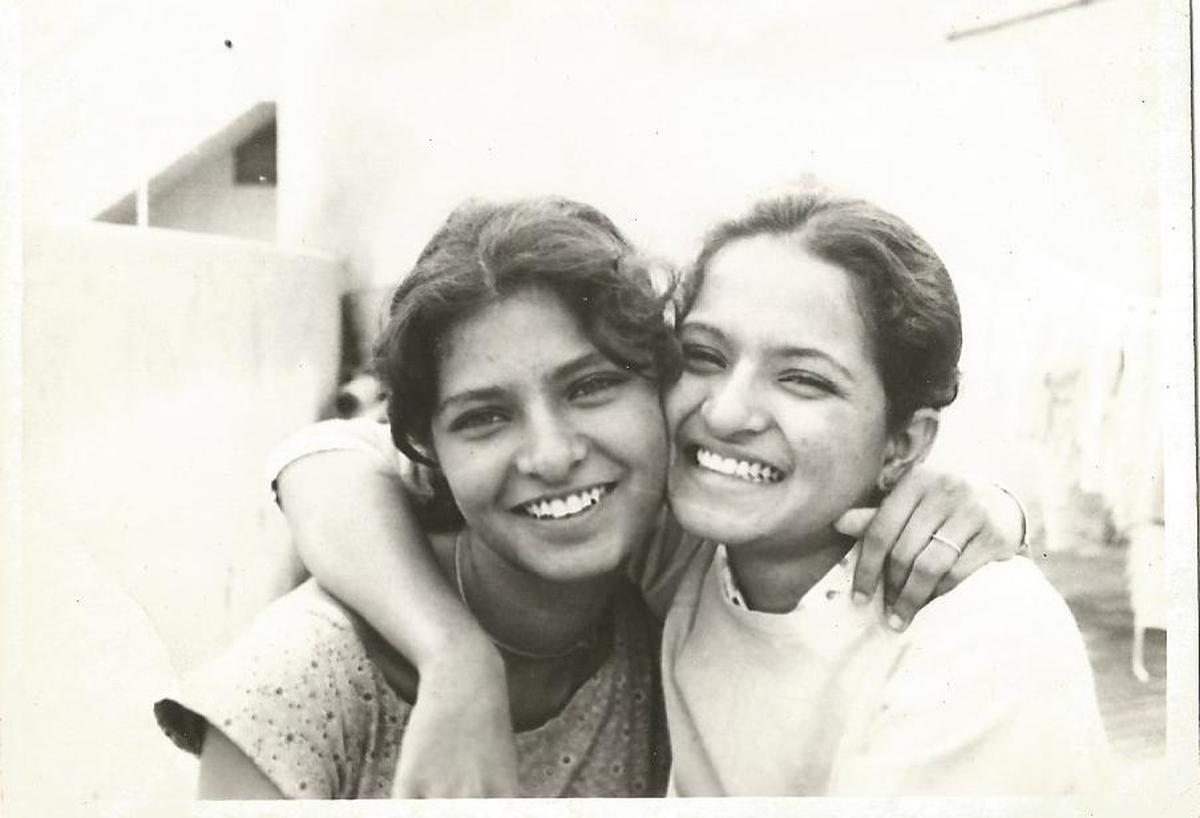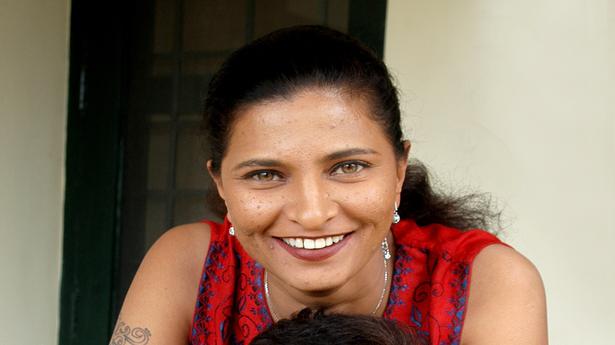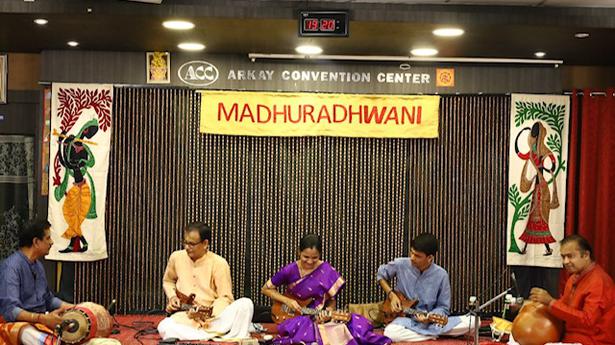Filmmaker Kavitha Lankesh on articulating her grief, becoming more vocal about politics, and taking her award-winning docu feature, Gauri, to the people
Filmmaker Kavitha Lankesh on articulating her grief, becoming more vocal about politics, and taking her award-winning docu feature, Gauri, to the people
Kavitha Lankesh’s documentary feature, Gauri, on her slain journalist-activist sister Gauri Lankesh (who was assassinated outside her Bengaluru home in 2017), has won Best Human Rights film at the recent Toronto Women’s Film Festival, and is expected to be part of several international film festivals this season.
The film, supported by Free Press Unlimited and Reporters Without Borders, comes out even as the trial in Gauri’s case is underway, five years after her death. The Special Investigation Team (SIT) that probed the case has chargesheeted 18 accused, alleging that a gang of radical Hindutva elements primarily associated with Goa-based Hindutva organisations Sanatan Sanstha and Hindu Janajagruti Samiti killed her.
ALSO READ | Unravelling the Gauri Lankesh murder case
Kavitha spoke to the Magazine about the film and the way it is enriching her understanding of her sister and political activism. Edited excerpts:
What prompted you to make a film about Gauri, a tragedy that is so personal and political at the same time?
I was very hesitant to do a film about Gauri; even my daughter suggested that I don’t. We were not sure whether I had the emotional bandwidth and courage to do it. But being a filmmaker, this was the best medium for me to articulate it to myself, too. The process of making Gauri was very emotional and cathartic. I cried behind the camera many times.
The documentary feature, Gauri, looks at the journalist and activist’s life and death in the context of the increasing attacks on the press and the rise of Hindu nationalism
| Photo Credit: Special arrangement
Ever since her death, I am discovering Gauri in more ways. The film, though narrated by me as a friend and sister, looks at her life and death in the context of the increasing attacks on the press and the rise of Hindu nationalism. There have been so many canards and misconceptions spread about Gauri after her death — that she was a Naxalite and so on. I wanted to clear many of these through the film and tell the world who she was. I hope people from all sides of the political divide will see the film and understand her better.
You seem to have become more vocal in your politics after Gauri’s assassination. Tell us about this journey.
I was never a person who participated in protests and raised slogans on the steps of Town Hall like Gauri did. My politics were of a different kind. When I felt strongly about something and it haunted me, I made a film on it. For instance, I did the film Kariya Kanbitta on the atrocities on Dalits in 2013. But I was dragged into a different kind of political participation, thanks to the support that Gauri got after her assassination. If people had not turned up in her support and for the cause, her death would have been futile.

Kavitha and Gauri Lankesh in their younger days
| Photo Credit: Special arrangement
I have now realised how important political participation is. I have seen people like Prakash Raj change, and the important thing is to let the powers that be know Gauri cannot be silenced. So, I have become more vocal in my own way, actively supporting causes that are dear to me — mostly constitutional rights and environmental issues. I was part of the anti-CAA protests in the city [Bengaluru] in 2019. I call myself a ‘reluctant activist’ in my Twitter bio now. In the beginning, I used to speak only about Gauri and was hesitant to name names. Slowly my language has changed. I am more open in my criticism of the incumbent BJP regime.
It has been five years since Gauri was killed and the trial began just a few months ago. Is the family happy with the progress?
The process of seeking justice for Gauri has been extremely slow. The Special Investigation Team (SIT) has done a fantastic job in cracking the case and we are very happy. In fact, this investigation led to breakthroughs in the murders of Narendra Dabholkar [the social activist assassinated in 2013], Govind Pansare [the politician and author assassinated in 2015] and M.M. Kalburgi [the scholar assassinated in 2015], too. The pandemic and other issues delayed the trial, but now the court has dedicated five days in every month for it, which is probably as fast as it can get. I am confident that those responsible for her murder, now behind bars, will get adequate punishment as per law.
So many misconceptions spread about Gauri after her death — that she was a Naxalite and so on. I wanted to clear many of these through the film, says Kavitha
| Photo Credit: Special arrangement
Apart from the trial, what do you think will bring justice to Gauri’s life and struggle?
The trial and conviction are only a small part of it. This country regaining its democratic credentials will be true justice to Gauri. A country where journalists and dissenters are not implicated in false cases and arrested, like in the case of Bhima Koregaon [16 activists were arrested in 2018] or as in the case of Umar Khalid [the former JNU student arrested in 2020 as a conspirator in the anti-CAA riots]. When my father P. Lankesh, writer and editor who started Lankesh Patrike — who was called ‘the permanent opposition party’ in Karnataka — was never harmed physically, how did we get to this stage in a matter of two decades? I never thought someone would kill Gauri here in Karnataka, in Bengaluru, a city we always thought was liberal and cosmopolitan.
READ | Gauri Lankesh and the fight for freedom of expression
I sometimes feel very tired of all this and want to run away to my farm. But we need to fight this and keep hope alive. Gauri called student leaders like Kanhaiya Kumar, Jignesh Mewani and Umar Khalid her sons. There is hope in this new generation.
How do you plan to reach the film to a wider audience?
After the Toronto award, it is expected to do the rounds of several international film festivals. Meanwhile, I have received several queries. I am planning to shortly organise a screening in Bengaluru for the ever-growing Gauri family. Several journalism colleges and universities have also come forward to organise screenings. I am very touched by this.




